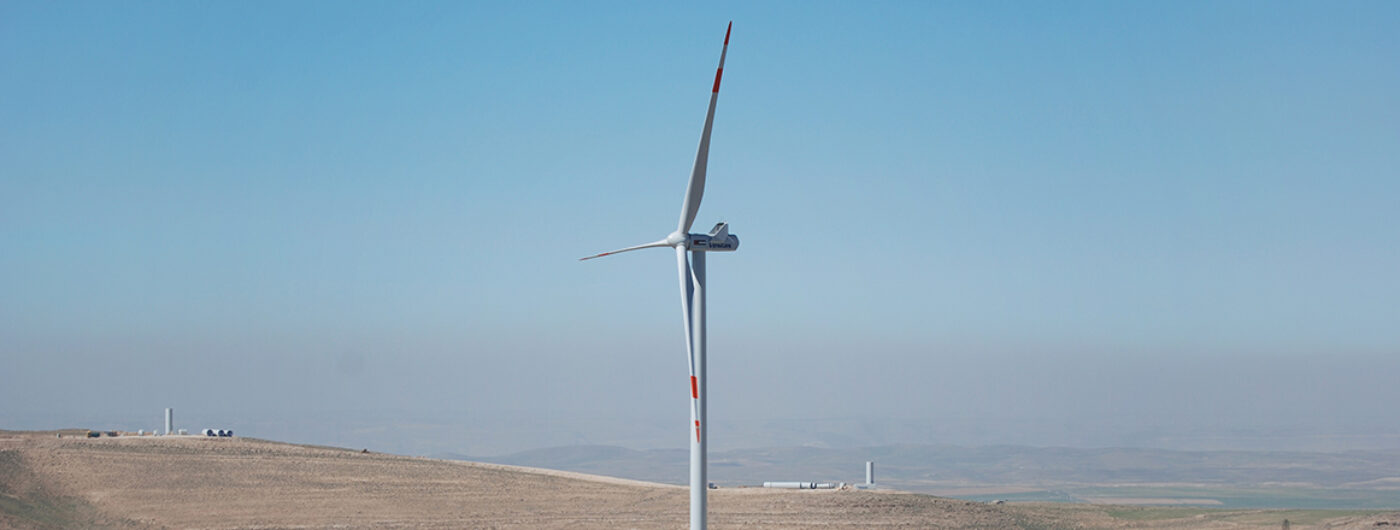
UfM at COP24: Climate action initiatives in the Mediterranean need science-based policies
The Secretariat of the Union for the Mediterranean (UfM), actively participates in COP24 in Poland, where it presents two studies on the impact of climate change and on the state of play of climate finance in the region.
Without additional mitigation, regional temperature increase will be of 2.2°C in 2040, possibly exceeding 3.8°C in some regions in 2100. Summer precipitation will decrease by 10 to 30% according to the area.
The Southern and Eastern Mediterranean region has received 13% of the worldwide funding for climate action.
Katowice, 11 December 2018 – The Mediterranean region is one of the world’s climate change hotspots due to, among others, water scarcity, desertification, concentration of economic activities and population in coastal areas, and the reliance on climate-sensitive agriculture. The rise of temperature by 1.5°C, the limit set by the Paris Agreement, is already being exceeded, according to the latest IPCC Special Report on Global Warming of 1.5 °C (October 2018).
A call for action towards a shared Mediterranean Climate Agenda is crucial. Urgent policies are needed to mitigate environmental risks and consider adaptation options. Yet, currently, the lack of adequate information is delaying the process — particularly for the most vulnerable southern Mediterranean societies, where fewer systematic observations schemes and impact models are based.
Aware of this challenge, the Union for the Mediterranean is supporting a dedicated regional effort to synthesise existing scientific knowledge across disciplines with the aim to provide a better understanding of the combined risks posed. This study is being undertaken by the Network of Mediterranean Experts on Climate and Environmental Change (MedECC).
A preliminary assessment of risk associated to climate changes in the Mediterranean basin
The main results of this preliminary assessment reveal that the regional temperature increase will be of 2.2°C in 2040, possibly exceeding 3.8°C in some regions in 2100. The sea level rose at about 3 mm per year during the last decades. There are important uncertainties concerning global mean sea level rise. Future projections range goes from 52 cm to 190 cm increase by 2100.
Water resources are unevenly distributed around the Mediterranean with freshwater resources both in quality and quantity decreasing. On the other hand, food demand is increasing while crop, fish and livestock yields are in decline. Ecosystems are increasingly impacted by climate change, change in land use, pollution and overexploitation.
With limited resources and social conflicts on the rise, large-scale human migrations could be expected. Southern and Eastern Mediterranean countries are often more vulnerable, with sanitary conditions that can deteriorate due to social and political situations.
Climate-resilient infrastructure, and particularly its financing, is fundamental to tackle the adverse effects of climate change.
Another UfM-commissioned regional study on international public climate finance highlights that the Southern and Eastern Mediterranean region has, in 2016, received an annual amount of around USD 8.3 billion to address climate financing. This represents 13% of the worldwide funding for climate action. The main beneficiary countries of the funding flows in the Mediterranean region are currently Turkey (38%), Egypt (22%), Morocco (12%), and Jordan (12%). Mitigation projects make up the majority of the funds obtained (transport and energy generation).
“Whilst Climate Action is a necessity for the Euro-Mediterranean region, it also represents a unique opportunity for job creation, the promotion of innovative solutions and sustainable consumption and production patterns”, said Jorge Borrego, UfM Deputy Secretary General for Energy and Climate Action. “With an estimated 98% increase in energy demand from the Southern Mediterranean countries by 2040, actions fighting climate change will be central to the integration and stability of the region”.
Presentation of studies at COP24 and other UfM activities
The Union for the Mediterranean is an observer to the United Nations Framework Convention on Climate Change (UNFCCC). As part of the UN 2030 Agenda for Sustainable Development and its Roadmap for Action, the UfM is stepping up its partnership with international organisations at the highest level to strengthen collaboration and raise the voice of the Mediterranean calling for action towards a shared Regional Climate Agenda. In this regard, two Memoranda of Understanding will be signed with the World Meteorological Organisation and with the UNFCCC Secretariat.
The UfM Secretariat will organise three side events during the COP24, register here:
- The presentation of the study on International public climate finance will take place on 12 December at the Turkish Pavilion (15h30).
- The presentation of a preliminary assessment of the 1st scientific report on the impact of climate change in the Mediterranean will take place on 13 December at the Moroccan Pavilion (10h).
- Aware of the importance to give a voice to the younger generations, and involve them in the global political agenda, the UfM Secretariat and the Mediterranean Youth Climate Network will organise a side event on 14 December at the EU Pavilion (14h) devoted to showcasing some youth-led initiatives and their key role for climate action in the Mediterranean.
- The UfM Secretariat will also co-organise with FEMISE a side event on the “Socio-Economic intricacies related to Climate Change” (12 Dec at 10h. Pavilion E – 10 Ground Floor) and another on the “Involvement of sub-national Euro-Mediterranean governments in the fight against climate change” (11 Dec at 10. Pavilion E – 10 Ground Floor).
International public climate finance in the mediterranean
Risks associated to climate and environmental changes in the Mediterranean region

